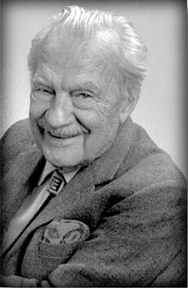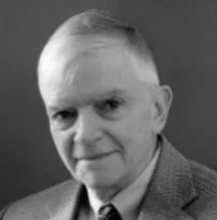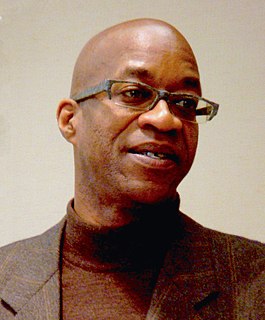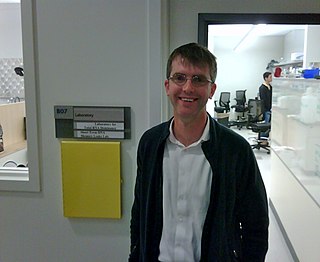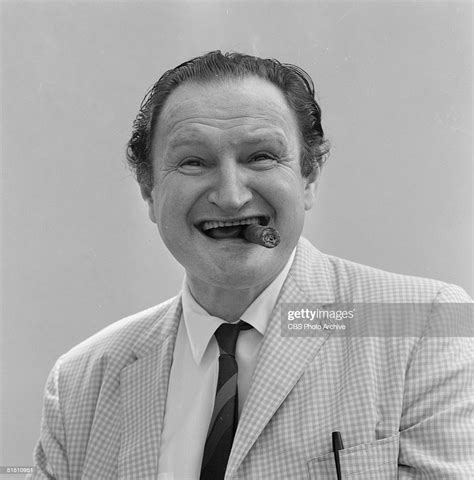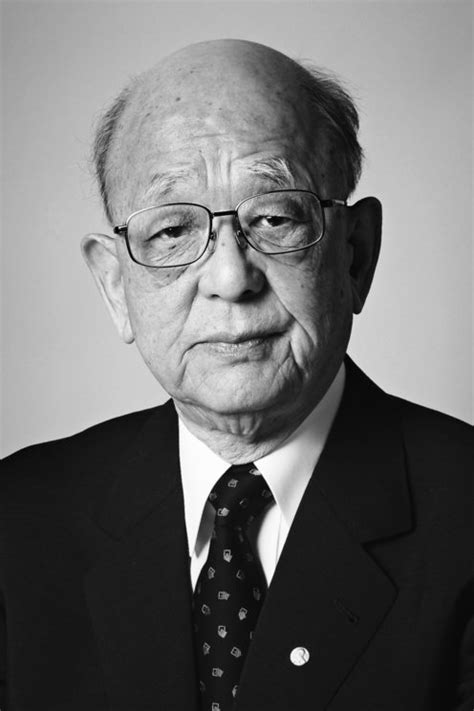A Quote by Martin Ryle
During the war years I worked on the development of radar and other radio systems for the R.A.F. and, though gaining much in engineering experience and in understanding people, rapidly forgot most of the physics I had learned.
Related Quotes
Invention and entrepreneurship isn't about pure technology. Most people take whatever they see in front of them and relate it to something they understand. For at least ten years after Ford started building cars, people called them horseless carriages. It wasn't obvious to call it a car. They used to call the radio 'the wireless.' Innovation is much more about changing people and their perceptions and their attitudes and their willingness to accept change than it is about physics and engineering.
But, contrary to the lady's prejudices about the engineering profession, the fact is that quite some time ago the tables were turned between theory and applications in the physical sciences. Since World War II the discoveries that have changed the world are not made so much in lofty halls of theoretical physics as in the less-noticed labs of engineering and experimental physics. The roles of pure and applied science have been reversed; they are no longer what they were in the golden age of physics, in the age of Einstein, Schrödinger, Fermi and Dirac.
After I finished the Tycoons - on post-Civil War development - I realized how much I didn't know about the first half of the century, even though there had obviously been an enormous amount of development, so I read about and thought about that for a couple of years before I decided I was ready for a book.
In total, I have spent 35 years at Hokkaido University as a staff member - 2 and a half in the Faculty of Science, and the other 32 and a half in the Faculty of Engineering. Other than about two years of study in America and a few months in other places overseas, most of my life has been spent at the Faculty of Engineering.




